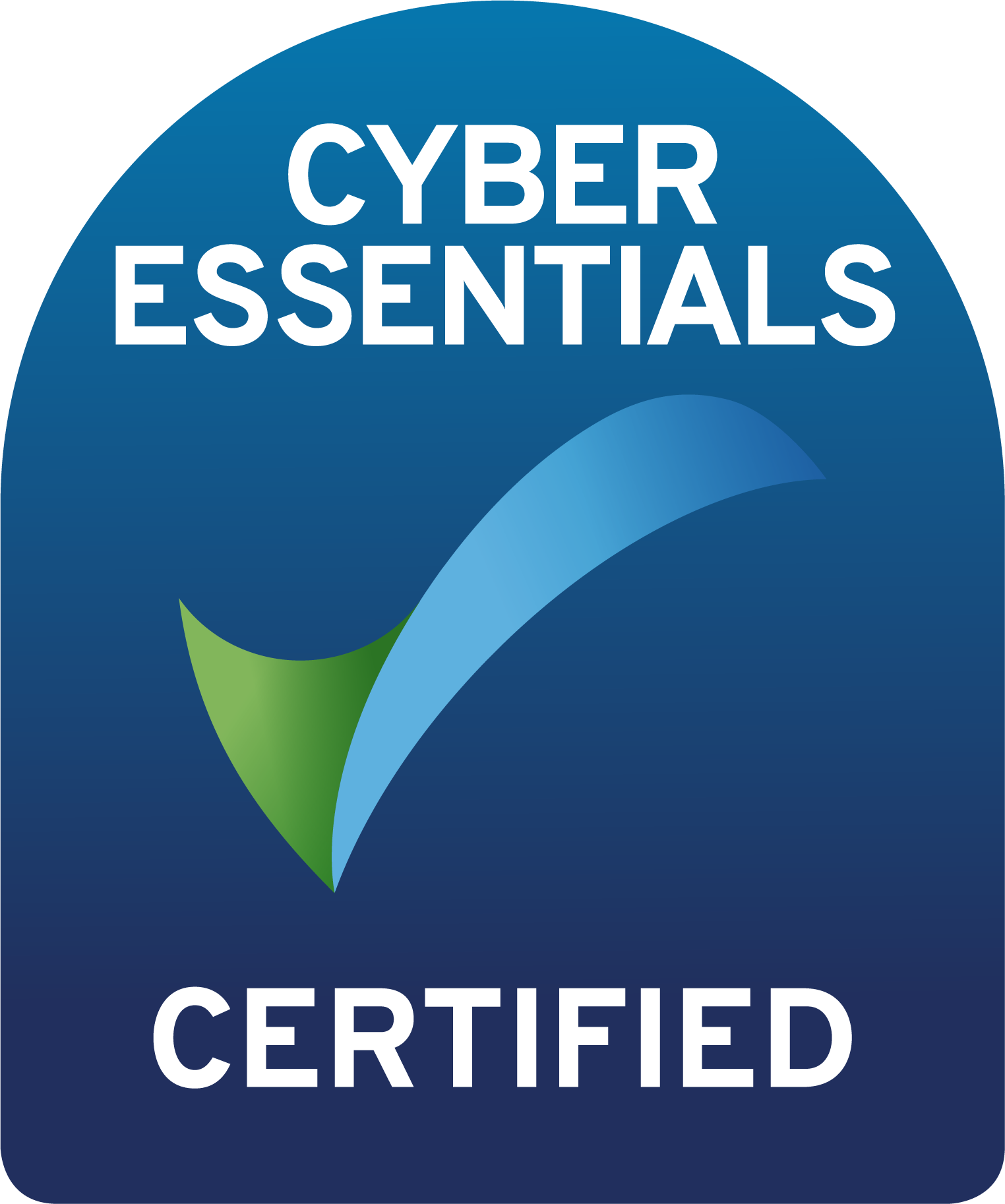
Everything you need to know about balance sheets
Business, Finance - 12/08/2021
When you’re running a small business, balance sheets are essential. Business owners often overlook them, which can lead to big financial problems later down the line.
What is a balance sheet?
Also known as A Statement of Financial Position, a balance sheet is a snapshot of a business’s financial records at a given date. It’s normally reported at the end of your business year, or when management accounts are provided to stakeholders.
What’s involved?
A balance sheet will show you the net worth of your business, which is the difference between your total assets and your current liabilities. This will give you a better picture of your cash flow, and if you have enough funds to settle any outstanding debts.
Regularly going over your balance sheets will indicate improvements or setbacks in your finances, compared to previous years. This can make it easier to spot patterns and adapt so that you avoid the problems, and capitalise on the improvements.
Your balance sheet will also indicate the debt level of the business. Typically, if the ratio of your business’s assets to liabilities is less than 1 to 1, your company is in danger of going bankrupt. You’ll have to make some strategic moves to improve its financial health.
Why are they important?
Your balance sheet will keep you up to date with the financial health of your business. If you’re not aware of how your business is doing financially, you could make big mistakes that jeopardise your firm. Or you could be missing out on opportunities to boost your business further.
Balance sheets will also tell banks and other investors if you qualify for extra loans, and can help your business to secure potential funding. By staying on top of your balance sheets, lenders will have a clearer idea of what will be done with their investment. They’ll also have a better grasp of the level of risk or opportunity involved if they decide to go ahead.
They’ll show you trends in your business finances, from what’s popular with clients, to your relationships with suppliers. It’ll indicate which clients take longer to pay invoices, where your cash flow problems are and if your debt collection isn’t under control. Being familiar with these trends will help you work out how to take the business forward.
You can also see where you sit financially in your industry as a whole. How do you fare in comparison to your competitors? What are they doing that works or doesn’t work?
Want to find out more?
Now you’re all filled in on balance sheets, what’s involved and why they’re important, you might be wondering what your next steps are. That’s where Numero can help. When it comes to your accounts, we’ve got you covered.
For expert advice and guidance on balance sheets, finances, accounts and more, get in touch with us today.
More from the Knowledge Hub
From information and help around all things accounts, to our thoughts and commentary on what’s happening in the world of law and finance – you’ll find it all here.
Understanding the AAT Code of Ethics
At Numero, we’re not just experts at managing accounts; we’re also committed to managing them […]
Introducing Darren Whelan, our new Head of Compliance!
Darren is a legal finance and compliance specialist with an impressive career that spans four […]
Top 8 bookkeeping mistakes made by new businesses
Let’s face it… starting a business comes with its fair share of challenges. From securing […]
Accounting ethics – Dos and don’ts and why it matters
Accounting ethics refer to the principles, values, and standards that guide the behaviour and decision-making […]
